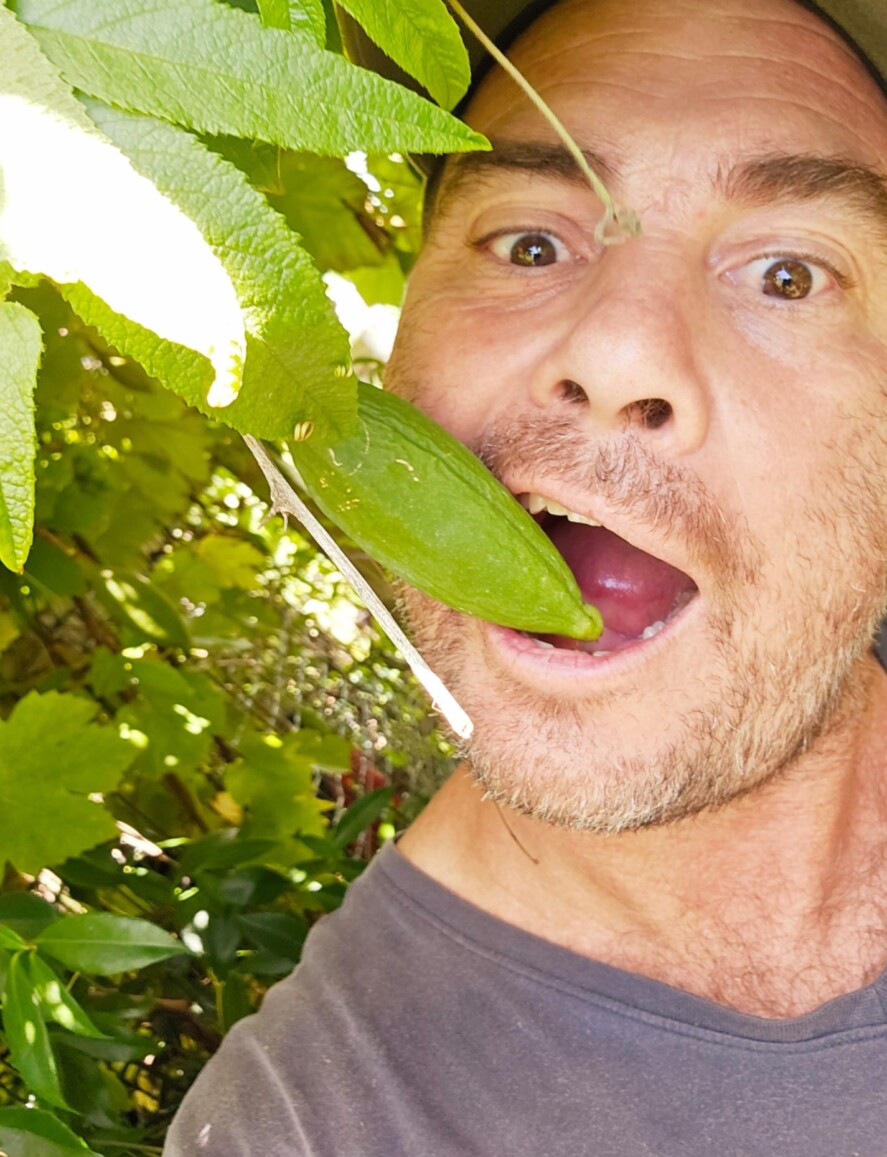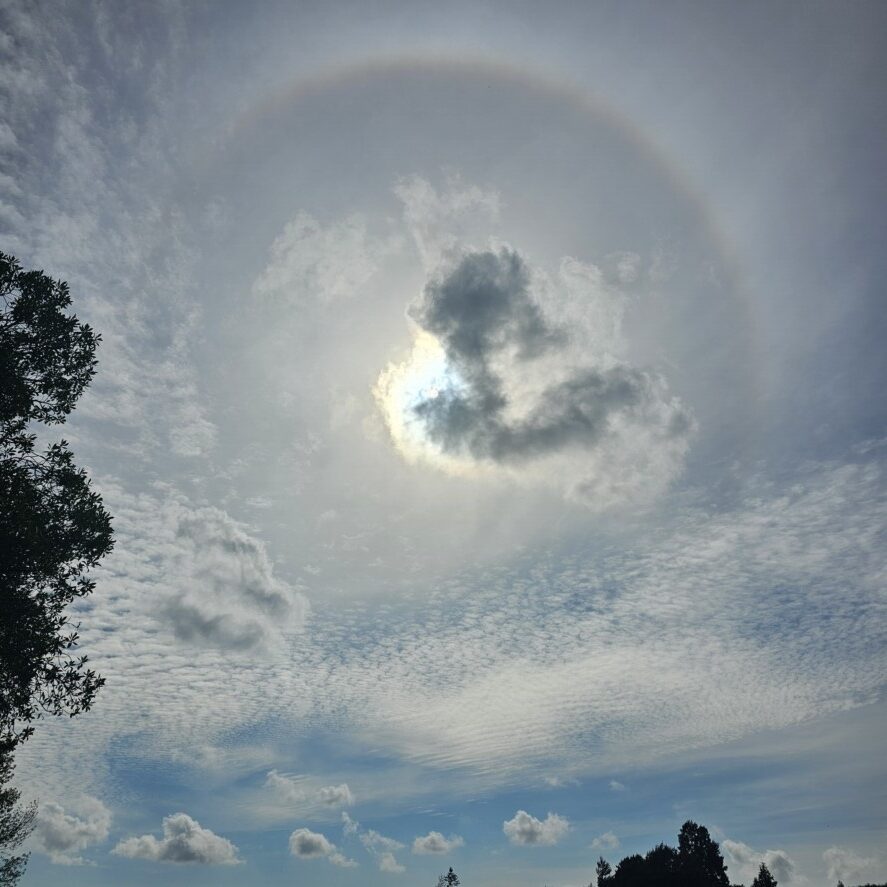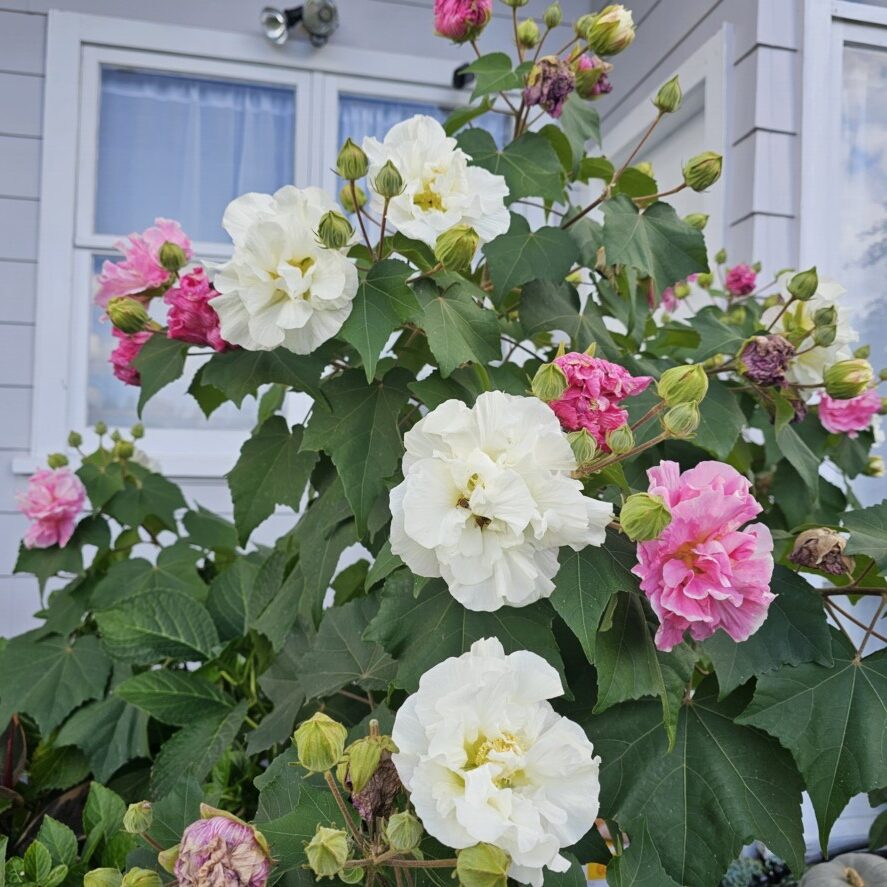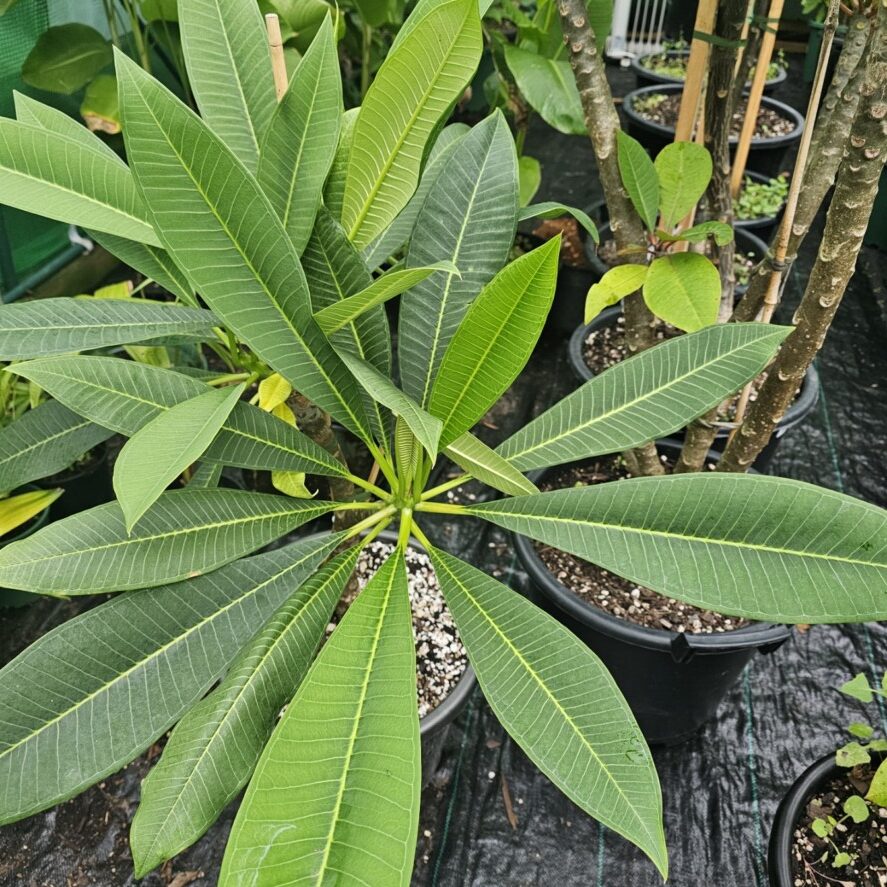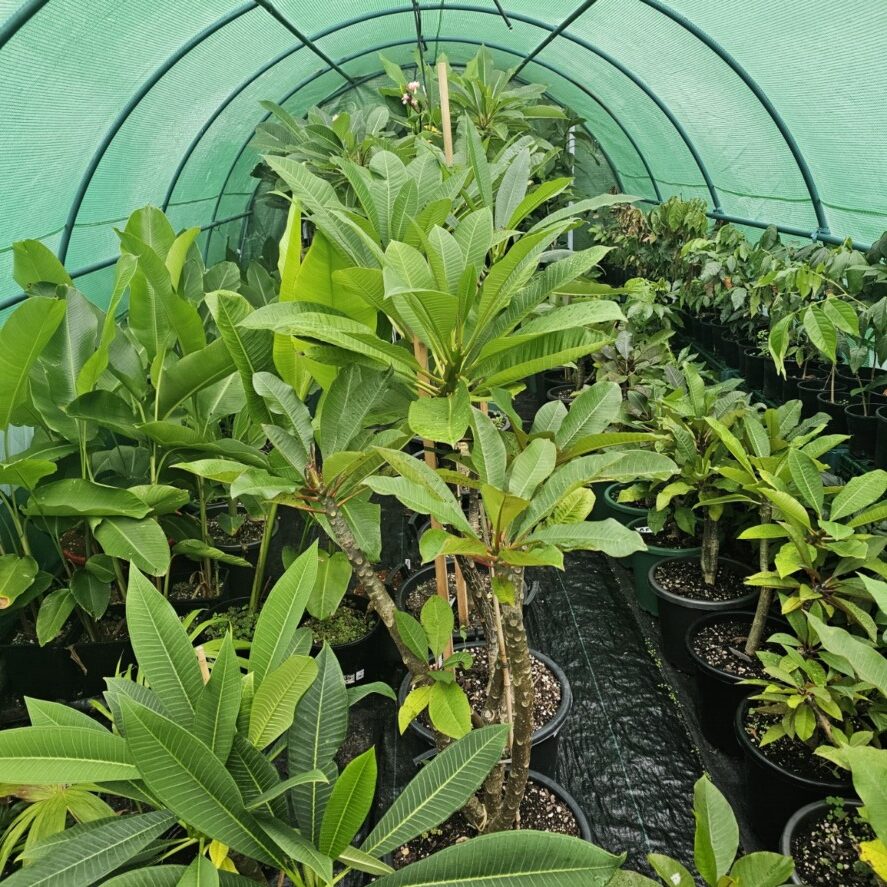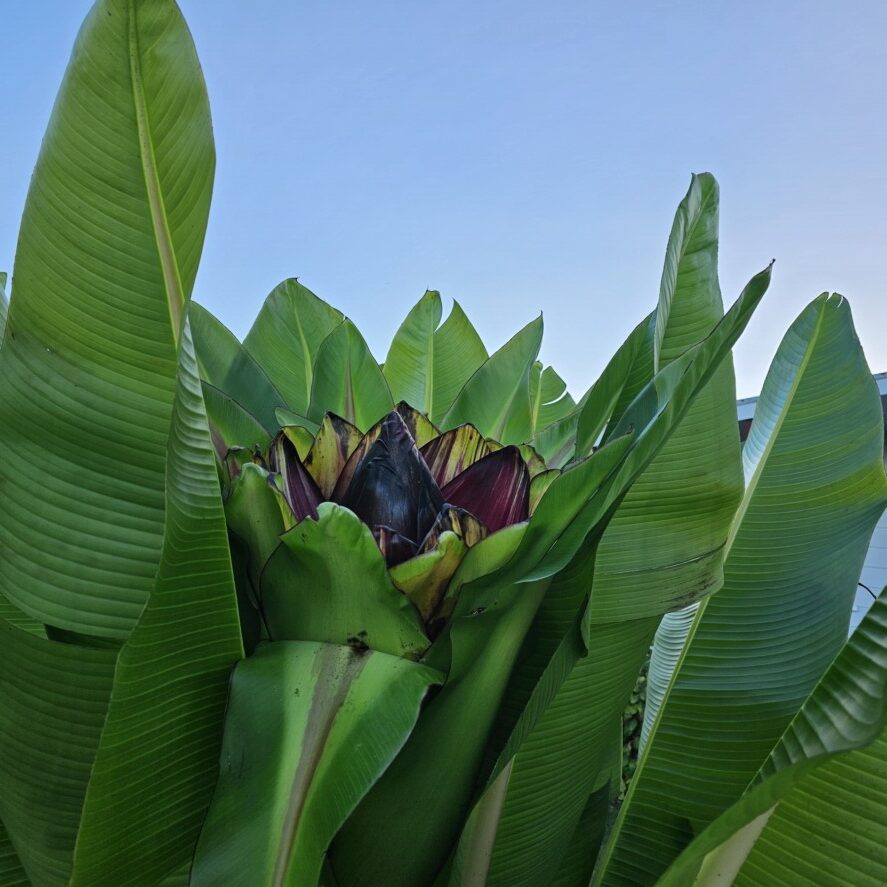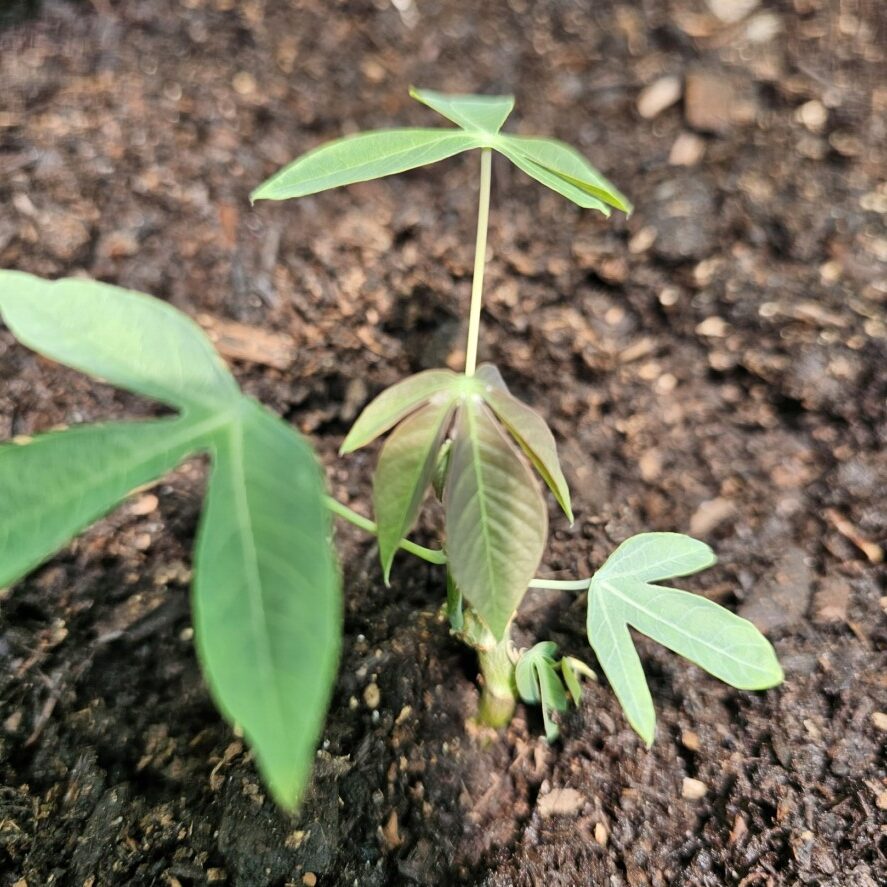-
Initiatives and Collaboration
- Events and Community Engagement
- Crop Swap Te Puke
- Food Resilience School NZ
- Food Forests of New Zealand (www.foodforests.nz)
- Nursery Map - Plant Suppliers of NZ Directory (www.nurserymap.nz)
- Te Puke Community Garden
- Te Puke Digital
- Te Puke Region Food Co-op
- TROPPO’s Food Forest in Te Puke, BOP (wwwfoodforest.org.nz)
- TROPPO's Nursery Directory
- Troppo’s Plant Collection
- Vector Group Charitable Trust (Umbrella)
Understanding Soil Health in a Permaculture Garden: Te Puke Edition
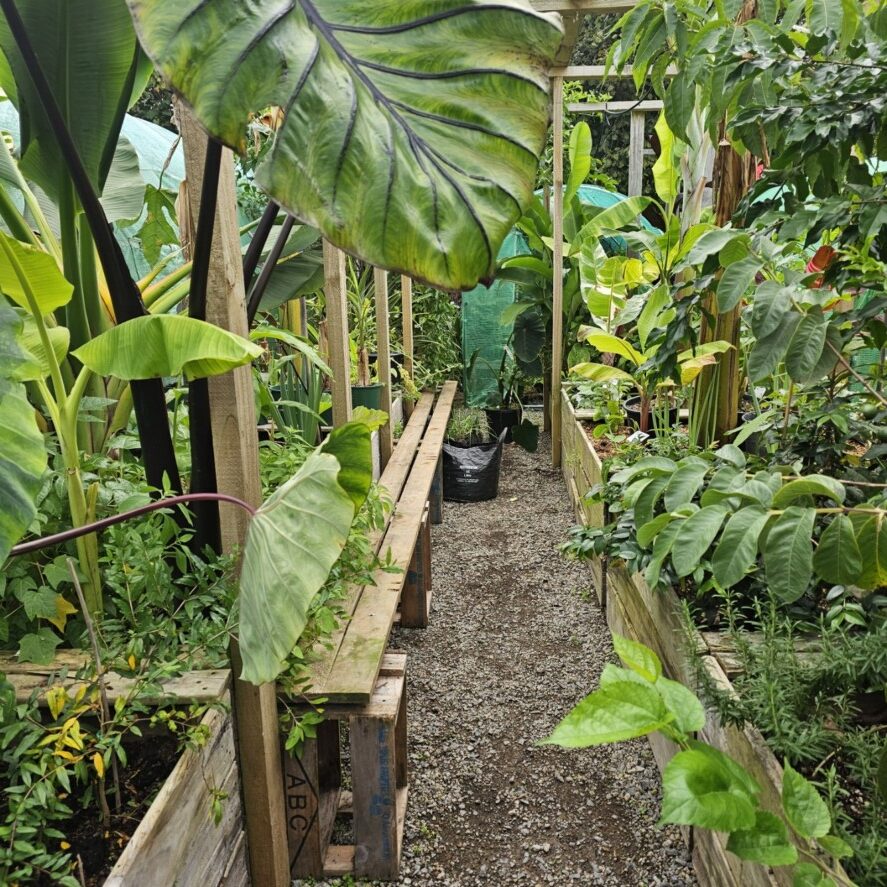
Welcome, fellow green thumbs and aspiring permaculturists! Here at Troppo.nz, we’re passionate about creating thriving, resilient gardens that work with nature, not against it. And at the heart of a successful permaculture system lies one crucial element: healthy soil.
Especially here in our beautiful corner of the world, Te Puke, understanding the nuances of our local soil can make all the difference between a struggling patch and a bountiful harvest. This isn’t just about dirt; it’s about a living ecosystem teeming with life, ready to support your gardening dreams. So, let’s dig in!
What Exactly is Soil Health? It’s More Than Just Dirt!
Think of healthy soil as a bustling city beneath your feet. It’s not just inert particles of sand, silt, and clay. It’s a dynamic environment filled with:
- Living Organisms: Billions of bacteria, fungi, nematodes, earthworms, and other tiny creatures that break down organic matter, cycle nutrients, and create a supportive structure.
- Organic Matter: Decomposed plant and animal material (like compost and mulch) that acts as food for soil life, improves water retention, and releases nutrients slowly.
- Air and Water: Essential for the respiration of roots and soil organisms, and for transporting nutrients throughout the soil.
- Minerals: The fundamental building blocks that plants need to grow strong and healthy.
When all these components are in balance, your soil is healthy. It’s porous, crumbly, retains moisture well, drains effectively, and is rich in the nutrients your plants crave.
Why is Soil Health So Important in Permaculture?
Permaculture principles emphasize working with natural systems and minimizing disturbance. Healthy soil is the foundation of this approach for several key reasons:
- Nutrient Cycling: Healthy soil naturally provides the nutrients plants need, reducing or eliminating the need for synthetic fertilizers. This saves you money and avoids harmful chemical runoff.
- Water Retention: Soil rich in organic matter acts like a sponge, holding onto water during dry spells and reducing the need for frequent irrigation – a big plus in Te Puke’s sometimes unpredictable weather.
- Improved Drainage: While holding moisture is important, healthy soil also drains well, preventing waterlogging that can suffocate roots.
- Stronger, Healthier Plants: Plants grown in healthy soil are more resilient to pests and diseases because they have access to a balanced range of nutrients and a strong root system.
- Carbon Sequestration: Healthy soil can store significant amounts of carbon from the atmosphere, helping to mitigate climate change – a win for everyone!
- Reduced Erosion: The good structure of healthy soil helps it resist being washed or blown away, keeping your precious topsoil where it belongs.
Understanding Our Te Puke Soil: A Local Perspective
While general principles of soil health apply everywhere, understanding the specific characteristics of our Te Puke soil is crucial. This region is known for its volcanic ash soils, often referred to as Andisols. These soils have some unique properties:
- Generally Fertile: Volcanic ash is rich in minerals, making these soils potentially very fertile.
- Good Drainage: The porous nature of volcanic ash often leads to good drainage.
- Can be Phosphorus Retentive: Some volcanic soils can bind phosphorus, making it less available to plants. This is something to be mindful of when planning your fertilizing strategies.
- Organic Matter is Key: Even with naturally fertile soil, building and maintaining organic matter is vital for improving structure, water retention, and nutrient availability, especially considering the potential for phosphorus tie-up.
Practical Steps to Building and Maintaining Healthy Soil in Your Te Puke Permaculture Garden:
Here are some easy-to-implement permaculture techniques to boost your soil health:
- Embrace the Power of Compost: Compost is your best friend! It adds valuable organic matter, introduces beneficial microbes, and improves soil structure. Use kitchen scraps, garden waste, and even fallen leaves to create your own nutrient-rich soil amendment.
- Mulch Generously: Covering your soil with organic materials like straw, wood chips, or shredded leaves helps retain moisture, suppress weeds, regulate soil temperature, and as it breaks down, adds organic matter.
- No-Dig Gardening: Avoid excessive tilling or digging, which can disrupt the soil food web and damage soil structure. Instead, focus on layering organic materials on the surface.
- Cover Cropping: Plant “green manure” crops like legumes (beans, clover) or grasses that you later cut down and incorporate into the soil. Legumes fix nitrogen from the air, enriching the soil naturally.
- Crop Rotation: Avoid planting the same type of plant in the same spot year after year. Rotating crops helps prevent nutrient depletion and the build-up of pests and diseases.
- Companion Planting: Certain plants can benefit each other when grown together. Some can repel pests, attract beneficial insects, or even improve soil health. Research good companions for your Te Puke garden.
- Encourage Earthworms: These incredible creatures are natural tillers and composters. Provide them with a healthy environment rich in organic matter. You’ll know they’re happy by the presence of their castings (worm poop!), which are fantastic fertilizer.
- Water Wisely: Avoid overwatering, which can leach nutrients and create anaerobic (oxygen-poor) conditions. Water deeply and less frequently.
- Observe and Learn: Pay attention to your soil. Is it clumpy? Does it drain well? What kind of life do you see? Regular observation will help you understand its needs and adapt your practices.
Testing Your Soil (Optional but Recommended):
While observing your soil can tell you a lot, a soil test can provide valuable insights into its nutrient levels and pH. You can often find local soil testing services in the Bay of Plenty region. Knowing your soil’s specific needs will allow you to tailor your amendments and practices for optimal health.
Building a Legacy of Healthy Soil:
Creating healthy soil is an ongoing process, but the rewards are immense. By understanding the principles of soil health and applying permaculture techniques tailored to our Te Puke environment, you can create a thriving, resilient garden that nourishes both you and the planet. So, get your hands dirty, observe the magic happening beneath your feet, and enjoy the abundance that healthy soil can bring!
#SoilHealth #Permaculture #TePuke #BayOfPlenty #NewZealandGardening #OrganicGardening #SustainableLiving #GrowYourOwn #Composting #Mulching #NoDig #VolcanicSoil #TroppoNZ



